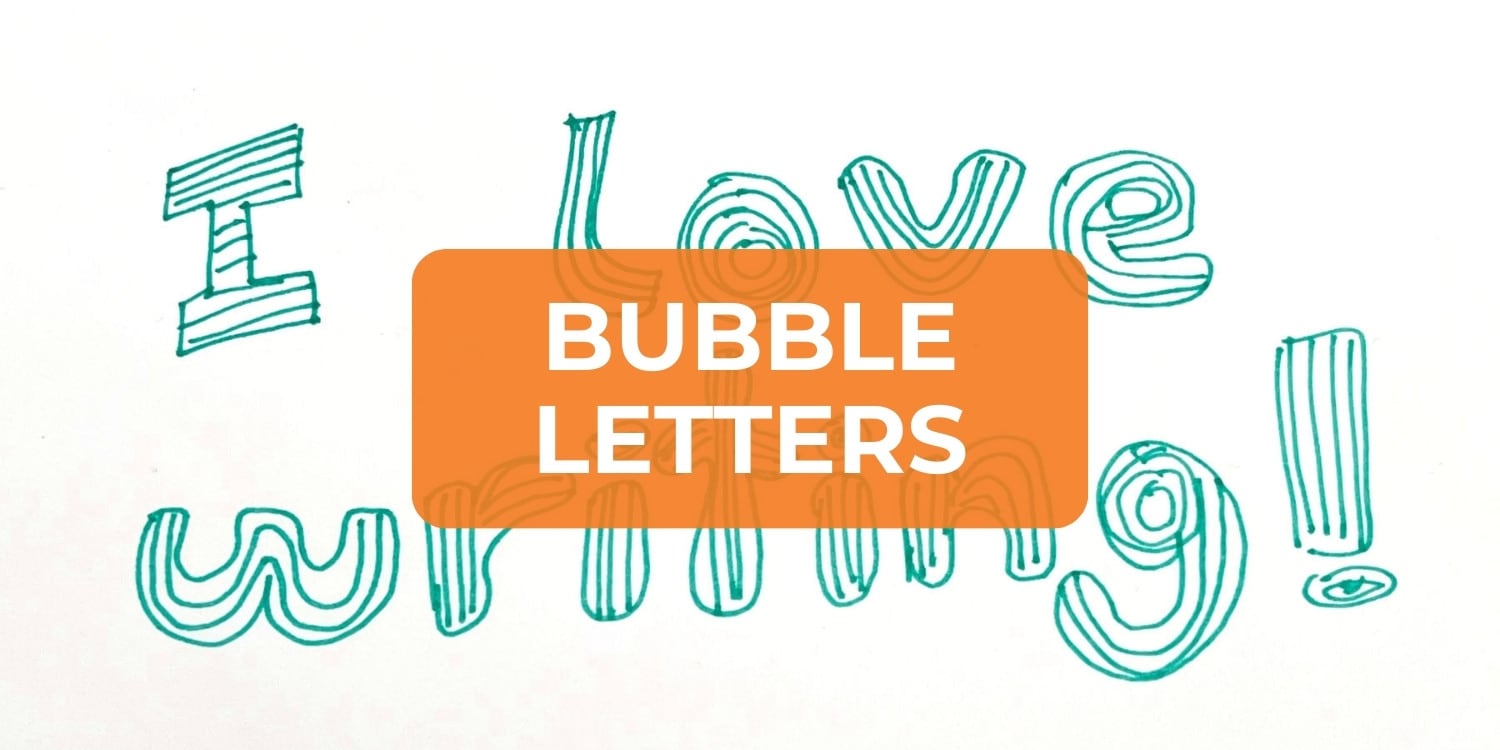6
This post: When Another Kid Does Your Kid Wrong: How to Handle It From a Mom Who’s Been There
Written By: Jessica Manning
I couldn’t sleep last night. There I was at one o’clock in the morning having a stern, imaginary conversation with a 13-year-old kid AND his mom. Why? Because this 13-year-old (a boy my son knows from school) has been stirring up trouble and talking behind my son’s back.
So, while my husband slept soundly next to me (Really? How could he sleep at a time like this?), I was busy (in my mind, anyway) setting this boy and his mom straight. My words were so powerful and eloquent that they couldn’t even begin to muster a rebuttal. After all, this kid did my son wrong and it was my job as his mom to have my son’s back and defend him.
By the end of my imaginary lecture to them, I had made it clear that my boy was “good” and the other kid was ‘bad.”
But, as parents, we all know that when it comes to teenager disputes, things aren’t always THAT black and white.

As a parent who’s worked with thousands of teens through the years, (and I’ve heard it all) I know better. That boy who’d been talking about my son doesn’t have it out for him. More than likely, in a fleeting moment, he shared his opinions, (ones that were directly related to his own lack of self-confidence), with friends he trusted not to tell my son. He’s not bad. And my son isn’t all good.
I’m not excusing bullying behaviors; some kids are downright mean. But MOST are not.
What I’ve learned is that teenagers often hurt each other in the midst of self-discovery. Quite often their own insecurities spawn a certain nastiness that rears its ugly head. The bottom line is that kids often hurt others as a convoluted means of self-protection and they simply don’t think about the potential ramifications of their words.
It’s a given… our teens are going to get hurt from time to time, so we need to prepare their hearts for the inevitable. But we also need to prepare our hearts, so we’re ready to model appropriate responses.
If your child has been wronged, consider the following ideas to help prevent sleepless nights and imaginary conversations:
Listen to Your Teen
Our kids don’t always come to us with the intent of having us “fix” things in their lives. Most often, all they need is a sounding board.
Sit down calmly with your teen and let them vent, let them get it off their chest, and ask them how they intend to handle it. Ask if they want advice. The last thing your teen needs or wants is for you to lose your cool and take over the situation.
Get the Facts (And, Try to Remain Neutral)
If there’s one thing I’ve learned as a mom, there are ALWAYS two sides to every story. And, when your kid walks in the door grumbling or complaining that another kid bullied them, pushed them, teased them, or started a rumor about them, you’re only hearing one side. Of course, you need to get to the bottom of the situation and take action if/when necessary, but the first step is to gather the facts from both sides if/when possible.
Don’t be naive – there’s always the possibility that your teen is withholding information or not fessing up regarding their contribution to the situation to make their side of the story more believable. The version of the story they tell you might be very different from what actually occurred.
Try Not to Overreact
“Oh, I’m going to call that kid’s parents and give them a piece of my mind!” It’s all too easy to let your anger, frustration, and undying desire to protect your kid get in the way of rational thinking. But overreacting isn’t the right approach if you want your teen to continue to come to you about situations like this and other situations.
I can’t tell you how many students have told me they don’t talk to their parents because their parents overreact, and they simply don’t want to deal with it. We don’t want our kids processing their struggles alone, at night, in a dark room, so we have to play it cool when they tell us things that upset us.
Look at the Situation from the Other Teen’s Perspective
Your heart will hurt for your teen, but perhaps the other kid could use your empathy, as well. Through experience, I can tell you that no one breezes through teenagedom. Whether they’re boys or girls, popular or a loner, athletic or brainy, teenagers are all in this same plight; acknowledging it makes it easier for us to empathize that they’re just trying to figure it all out and they’re going to make mistakes along the way.
I often ask my students, “When do you allow yourself to be sad?” The answer is almost always when they’re in bed trying to fall asleep. Finally, after a full day of being on guard with their peers, in the quiet of the night, they can process their vulnerabilities, feelings of loneliness, failure, anxiety, embarrassment, regret, etc. How can that image not provoke empathy?
Don’t Get Defensive
We have to be realistic about our kids being human beings. When your teen tells you about what others have done to them, and you come to their immediate defense, you miss a wonderful opportunity to guide self-reflection. If they never have to own their actions, because you jump in with blanket statements like, “He’s NOT a nice kid,” or, (and this is a common one), “She’s just jealous of you,” your words impede personal growth. Instead, ask open-ended, non-accusatory, and non-judgemental questions to help them reflect on their potential contribution to the situation.
Stay Out of It
More often than not, teenagers will figure things out on their own without our “help.” When we step in, we project our own insecurities on their affairs, which usually makes things worse.
Empower your kids to handle situations on their own (when possible). In doing so, you’ll be preparing them by teaching them important conflict-resolution skills. Help them understand that not everyone is going to like them and that some of the friends they think are their people, aren’t.
Our kids need us to love them like we think they hung the moon. But we have to remember that other parents feel the same about their children. We’re all trying to protect our kids.
Let’s cut each others’ kids some slack. They’re all just trying to figure this teenage stuff out, and our kids are stronger than we give them credit for. The next time your teen is wronged, remember the “wrong-doer” is just a kid who probably lies in their bed at night thinking about their own wounds. Extend them the same grace you hope your child will receive the next time they make a mistake and do someone wrong.
About Jessica Manning
Jessica is a high school counselor with over 20 years of experience working with teenagers. She earned an M.A. in school counseling and a B.A. in English and secondary education. Jessica is married to a high school principal and has three teenage boys; her current life revolves around all things teen. When not working or following her sons’ sporting events, Jessica appreciates any opportunity she gets to veg at home with her family and her dog, Phyllis.
If you enjoyed reading, “When Another Kid Does Your Kid Wrong: How to Handle It From a Mom Who’s Been There,” here are a few other posts you might like to read:
Middle School: Stepping Out of the Shadow of a Mean Girl
Dear Teens: I Know it’s Hard, But Not All Friendships are Meant to Last
Friend or “Frenemy” – 10 Surefire Ways Your Daughter Can Spot the Difference

 PARENTING TIPS
PARENTING TIPS PREGNANCY
PREGNANCY BABY CARE
BABY CARE TODDLERS
TODDLERS TEENS
TEENS HEALTH CARE
HEALTH CARE ACTIVITIES & CRAFTS
ACTIVITIES & CRAFTS





